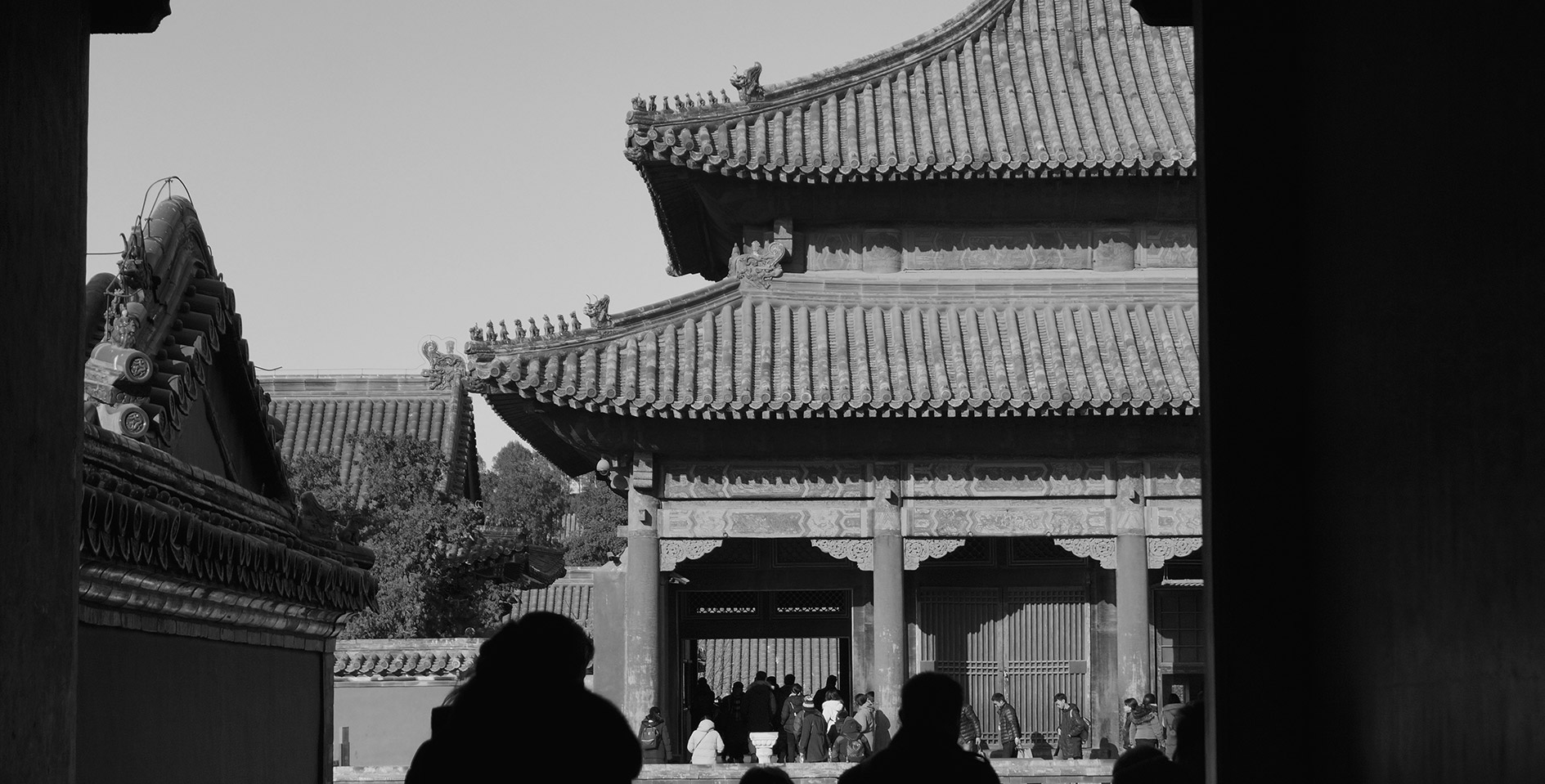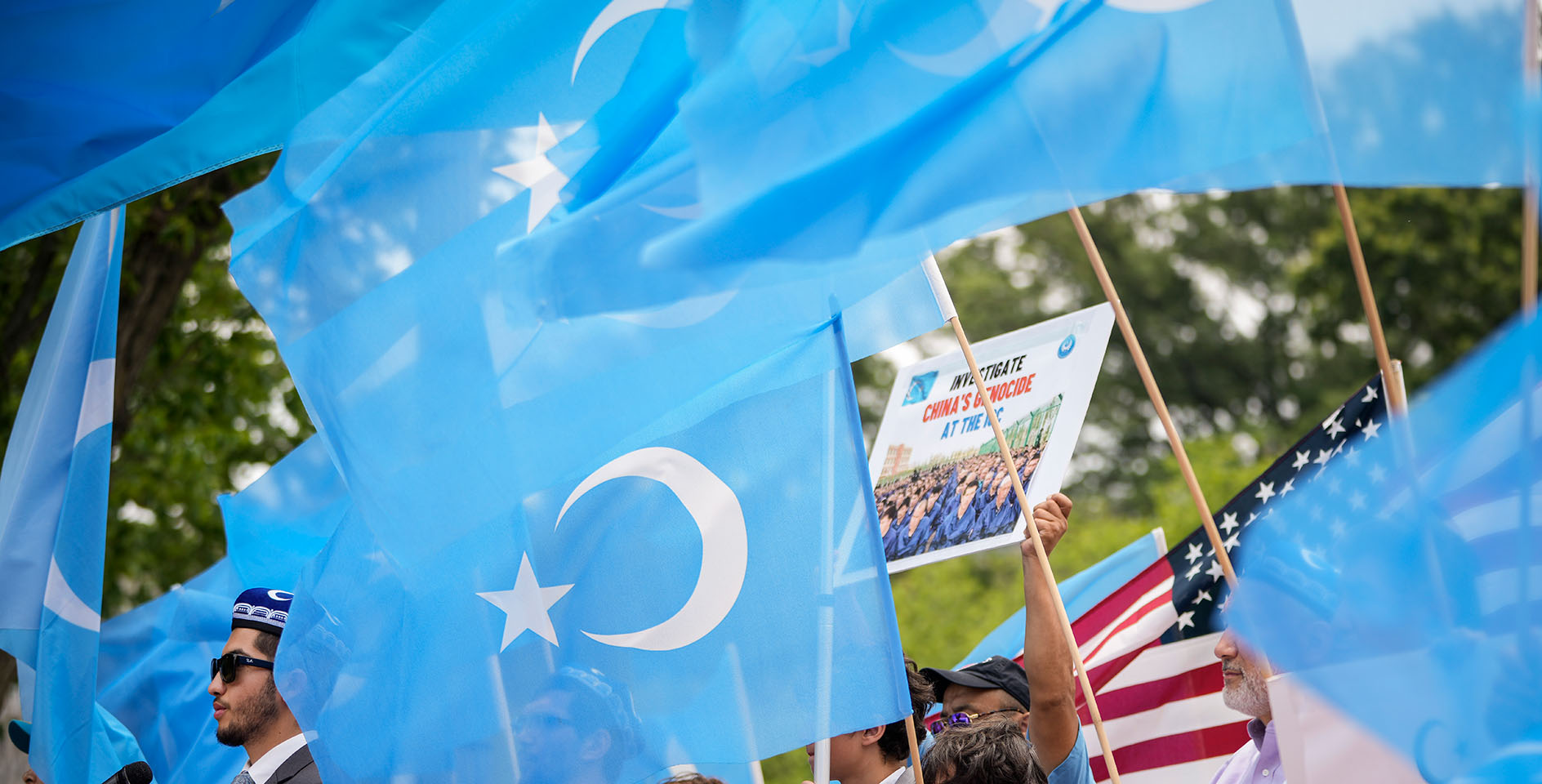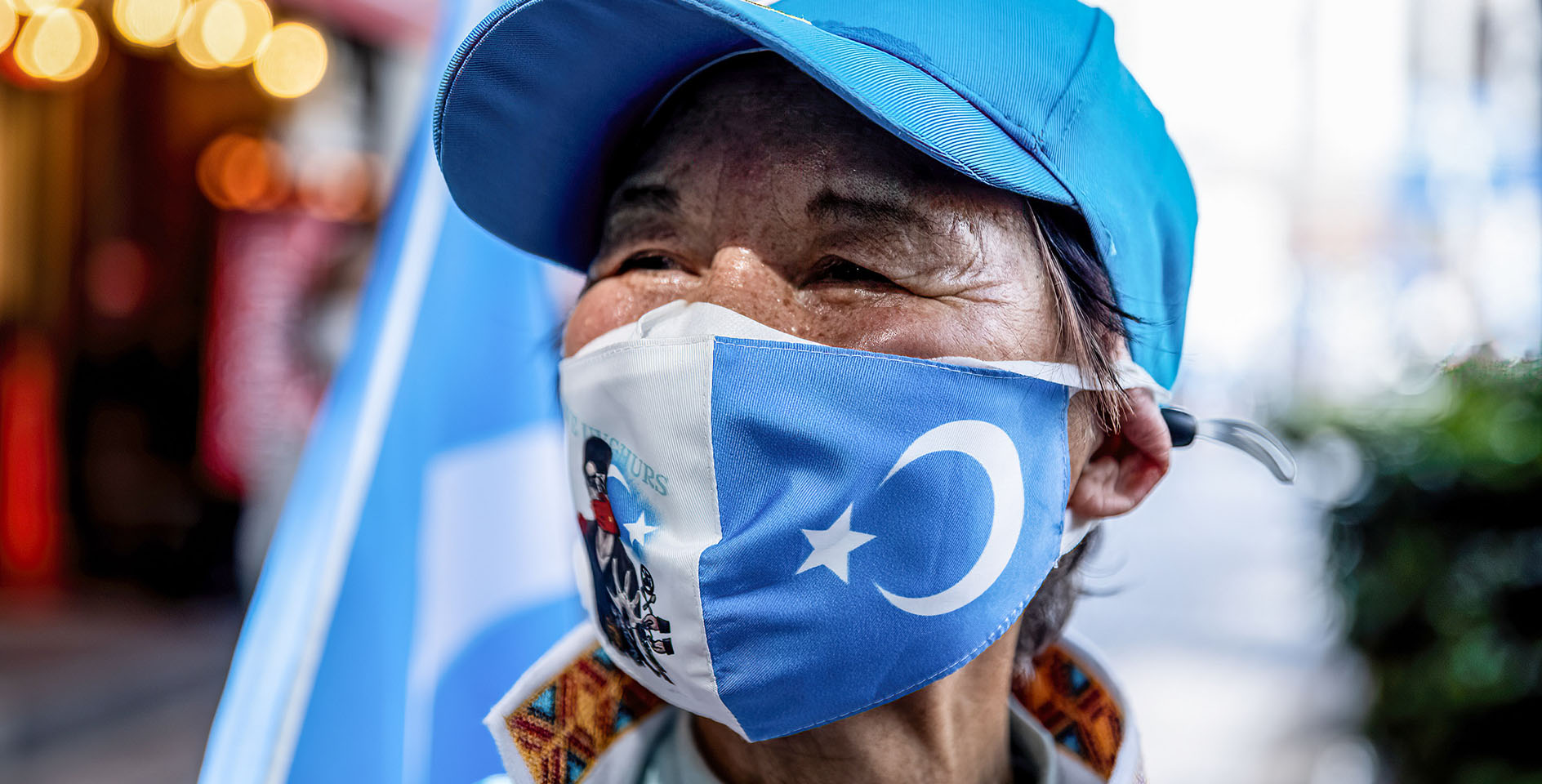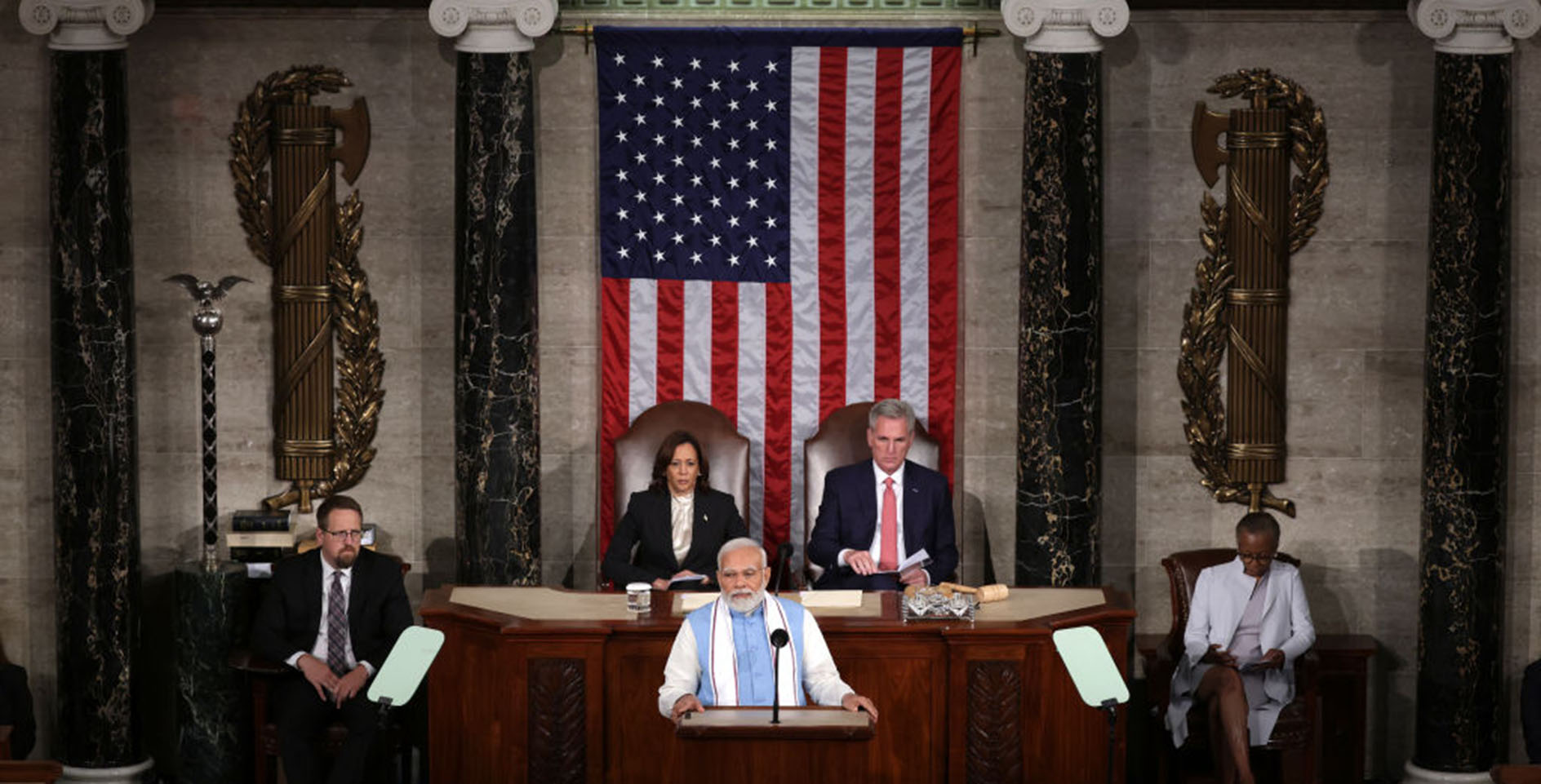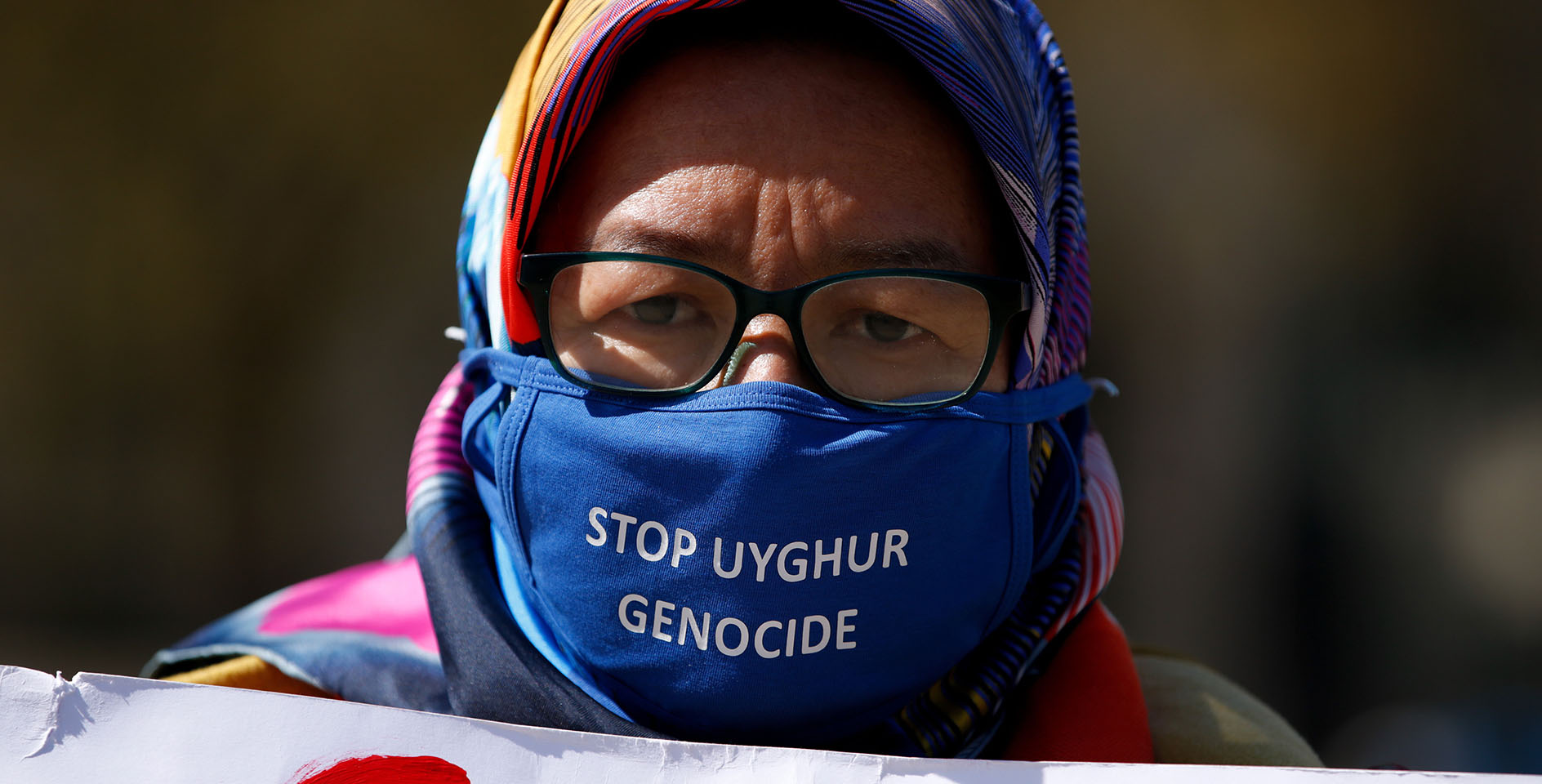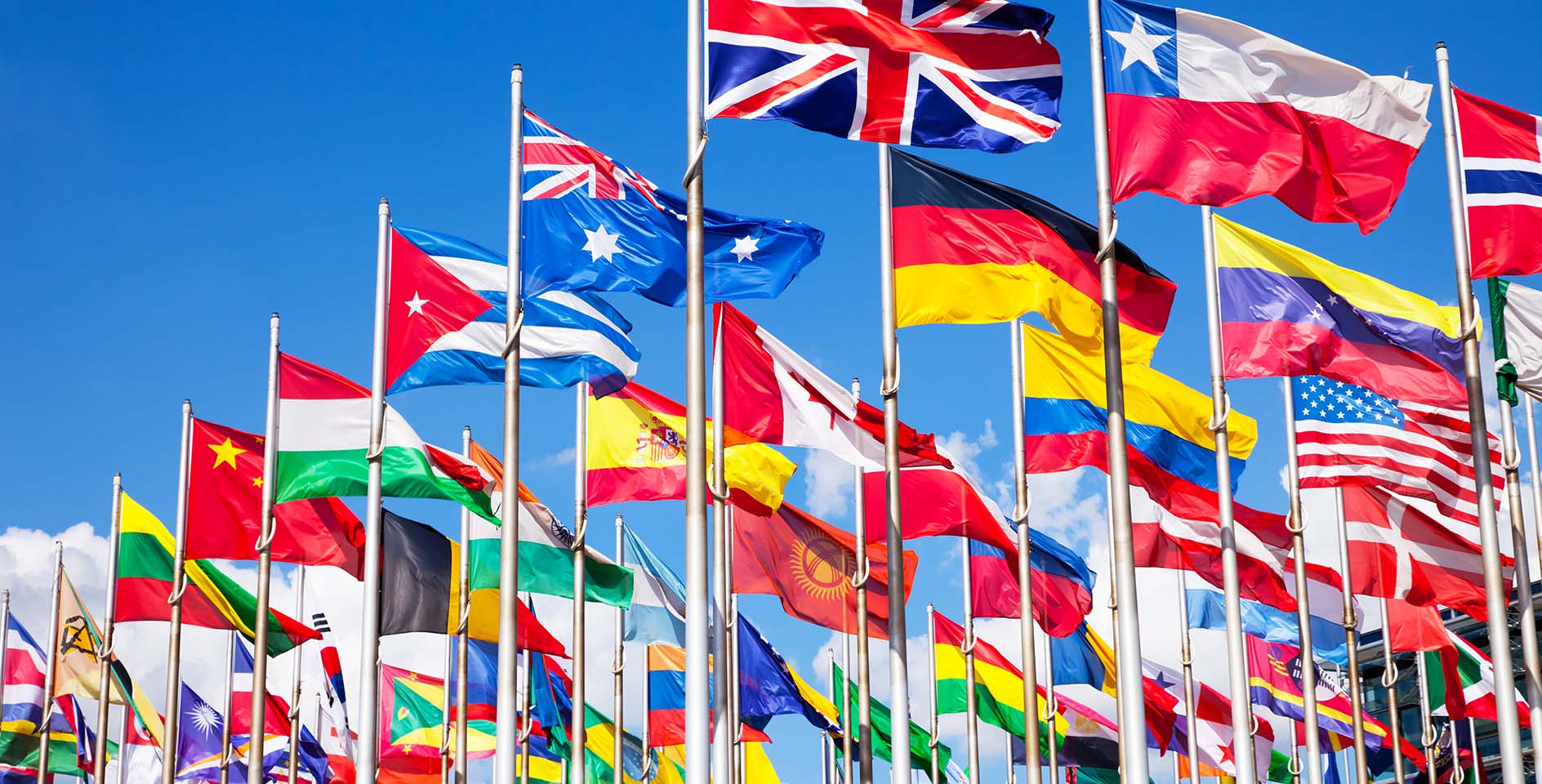On June 25, 2019, the ERLC led a coalition of scholars, religious and secular leaders, human rights advocates, and practitioners through the International Religious Freedom Roundtable expressing our serious concerns over the human rights violations and religious freedom abuses in China. The letter urges the Administration to counter China morally and make international religious freedom a top priority in all areas of American foreign policy with respect to China.
Below is the full text of the letter sent to the White House. Download the pdf letter to view the full list of signatures.
—
June 25, 2019
President Donald J. Trump
The White House
1600 Pennsylvania Avenue, N.W.
Washington, D.C. 20500
Dear President Trump,
We write as an informal group of organizations and individuals who are scholars, religious and secular leaders, human rights advocates, and practitioners to express our serious concerns over the human rights violations and religious freedom abuses in The People’s Republic of China (hereafter referred to as “China”). As your Administration seeks to counter China economically and militarily, we write to urge you to counter China morally as well, making these concerns a top priority in your trade negotiations and ensuring that international religious liberty remains a top foreign policy priority with respect to China.
We are grateful that your Administration has added Huawei to the Bureau of Industry and Security’s Entity List, which will severely restrict Huawei’s ability to purchase American-produced components. We also appreciate that your administration is evaluating additional Chinese entities owned or controlled by the Communist Party responsible for video surveillance.
For decades, the Communist Party of China has routinely violated the basic human rights of millions in their country by strictly controlling how many children a family can legally have, using extreme forms of technological surveillance to monitor their citizens, and seeking to control the speech of their citizens and snuff out the free exercise of religion.
In the annual global human rights report, the State Department referred to China’s “re-education” camps for Uyghur Muslims as “some of the worst human rights violations since the 1930s”, and U.S. Secretary of State Mike Pompeo stated that China was “in a league of its own when it comes to human rights violations.”
Since April 2017, China has systematically detained more than one million Uyghur Muslims and placed them into “re-education camps”. In these internment camps, Uyghurs are prevented from engaging in their religious practices and forcibly “re-educated” to the Communist Party’s ideological standard of “Xi Jinping Thought on Socialism with Chinese Characteristics for a New Era”. They are also subjected to physiological and oftentimes physical persecution, and their cultural heritage and practices are being erased. Families of those in internment camps do not know where their loved ones are, or even if they are still alive.
For decades, China has persecuted Christians, but in recent years the pressure and persecution has increased. Churches have been destroyed, pastors have been imprisoned, and extreme forms of technological surveillance has been used in houses of worship. Government installation of surveillance devices capable of facial recognition in houses of worship raises chilling questions about what the Chinese government plans to do with that information. In short, the Chinese government has sought to control where people worship, whom they worship, and the content of their worship.
Chinese authorities are in the process of developing a Social Credit System, a nationwide reputation system empowered by artificial intelligence that allows the government to monitor and control its citizens through incentives of punishment and reward. Once collected, the data on Chinese citizens can be used to limit an individual’s rights and privileges, and affect how they can engage with and in society.
The Social Credit System will also allow the Chinese government to continue to tighten control over the country’s most persecuted religious groups. The Beijing Public Safety Bureau claims that one hundred percent of Beijing is now covered by surveillance cameras, and the regional authorities shut down one of the largest Protestant house churches in Beijing after church leaders refused to allow the government to install surveillance cameras in the church.
In addition, the Chinese government has, for decades, aggressively interfered with Tibetan Buddhist practices and culture and abused Falun Gong practitioners by imprisoning them by the thousands.
These broad efforts to “sinicize” all religious practice in China, from Islam to Christianity to Buddhism to Falun Gong, is directly inconsistent with international human rights and religious freedom norms, standards, and law. If unchallenged, these norms and standards will be eroded, threatening the lives and freedoms of millions more around the world who are subject to autocratic regimes.
We thank you for the efforts your Administration have undertaken to counter China, but much more is required. We respectfully ask you to make international religious freedom a top priority in all areas of American foreign policy with respect to China.
